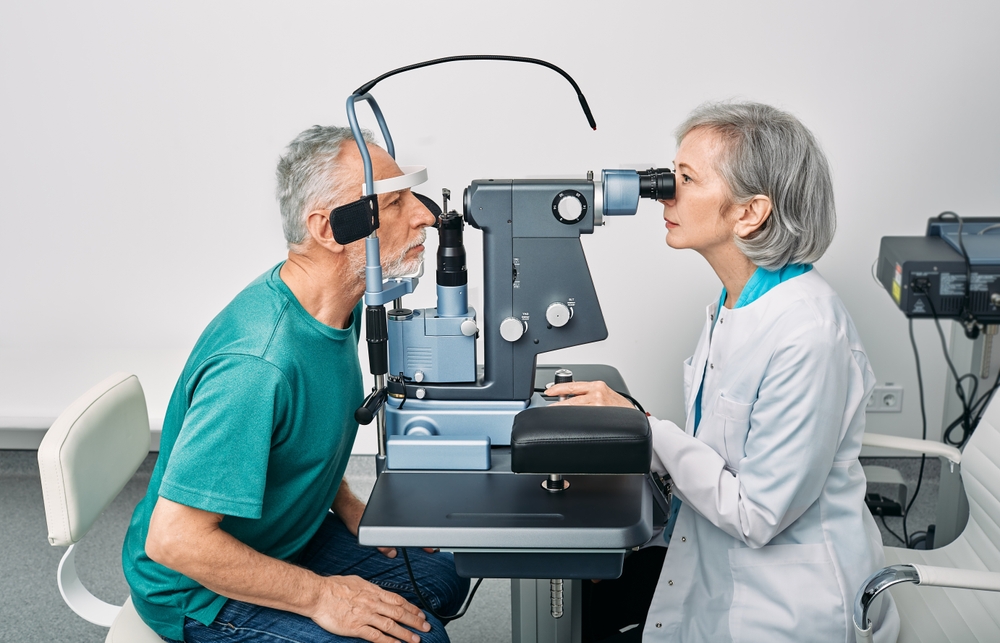
Knowing how to cope with and support age-related macular degeneration (AMD) can help you have a good quality of life despite your condition. The American Macular Degeneration
Foundation says that you can still go to work or attend school with coping and support. You can even maintain a good social life. Here are some support mechanisms and coping strategies for living with AMD.
What to Do About Mental Health
It can be devastating for anyone to receive a diagnosis of AMD. This loss of good health can result in anger, grief, stress, and frustration. These feelings can worsen as the condition progresses. You may also develop anxiety and depression. These are common reactions to such a diagnosis.
These negative feelings can tone down or even disappear with the help of a mental health professional. Talking about how you feel and react to certain situations can help with the creation of a custom-fit treatment plan. The treatments can target your stressors and feelings of grief. Your mental health professional can also introduce you to different support groups or local resources for additional help.
What to Do About General Health
AMD will progress whether you like it or not. In the meantime, you can improve your diet and lifestyle choices. These better choices may slow down vision loss and maintain your existing state of vision health. Here’s what you must consider:
- Eat nutritious and balanced meals. Add more fruits and vegetables, as well as fish, to your diet.
- Stop smoking and avoid secondhand smoke. This habit can speed up the progression of the disease. It can impair blood oxygenation and circulation, especially in your eyes.
- Wear UV-protective sunglasses to keep your eyes safe from UV damage. You can also wear a wide-brimmed hat to ensure coverage on all sides of your eyes.
- Be careful not to take too much vitamin A. An excess of this vitamin can speed up your vision loss. Talk to your eye doctor first before you decide to take supplements.
Necessary Adjustments and Adaptations
You can start adapting specific aspects and activities in your life. The aim is to ensure your safety and improve your quality of life. This will allow you to do the things that you love. Your eye doctor can recommend adjustment classes. You can also get in touch with organizations that help patients with low vision. These can help you make the necessary changes in your daily activities so that you can live a full life despite your AMD.
Adapting your living environment can make it easier and safer to be in. One change is to increase the contrast in your wall, fixture, and furniture paint. Having them in different colors can make it easier for you to see what you need to see. You can also consider specialized timers and clocks around your home. If you work on your computer, you can use magnification tools. Consider getting a guide dog or a cane.
Having the right support and strategies as an AMD patient can help you cope better. At Palo Alto Eyes Optometry, we make sure our patients get high-quality eye care products and services.
Please visit our clinic in Palo Alto, California, for an in-person consultation. You can also reach us at 650-321-2015 if you want to schedule an appointment or inquire about our AMD treatment packages.








